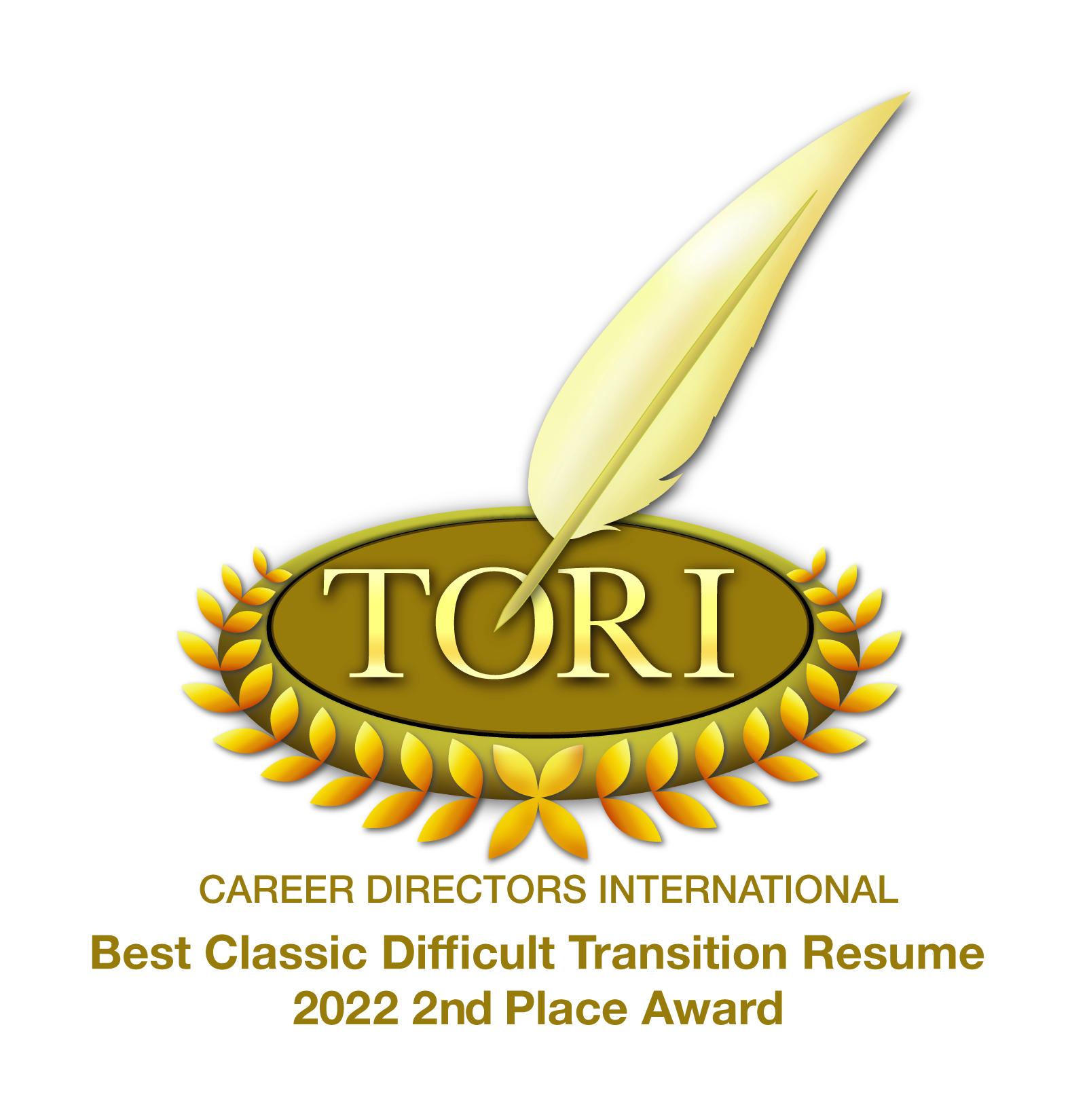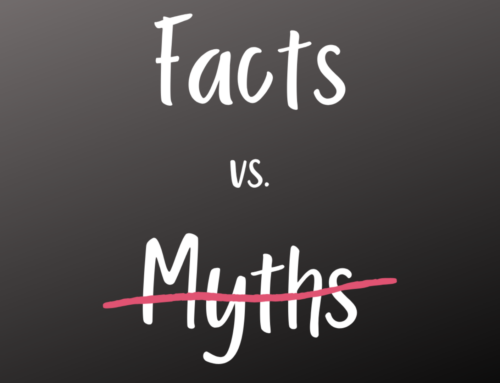You’ll find advice all over the internet about what kind of resume you should use. Resume writing is confusing at best – and downright scary at worst. You’re probably unsure of what to do but maybe don’t have the money to hire a resume writer. Hopefully, this resume help is just what you need!
“When should I use a functional resume?” Conventional advice says that if you are trying to hide your age, an employment gap or too many short-term positions, you should use a functional resume. Basically, this means that instead of organizing your work history by date, all dates are eliminated and the content consists of skills and accomplishments without referring to a specific employer. HR managers, recruiters and well – pretty much everyone with hiring responsibility all HATE the functional resume format.
My advice? Never use a functional resume format.
“When should I use a chronological resume format?” This is the traditional resume organized in descending order with the most recent employment first. The goal is to take the reader back through your work history from your current employment on backward. In my opinion, this is the only resume format you should use. I can think of only once in the last 10+ years of resume writing that I went with a functional format – and even then, I did include the dates. (My client had literally the same jobs and accomplishments at each employer for the previous 15 years. It only made sense to condense his achievements and duties into a single bulleted list which I followed with his chronological career path.)
“When should I use a CV format?” CV stands for Curriculum Vitae – Latin for “course of life.” The folks that traditionally use a CV format are all in the medical or legal field as doctors, surgeons, hospital administrators or high-powered attorneys. (Though over the past few years, folks in the legal profession have begun moving towards a more resume-based format.) A CV will contain a thorough description of each role, the years, publications, teaching / educational contributions, professional awards and recognitions, patents, and a full list of all speeches and presentations. They are truly exhaustive – really, really long documents for folks at the top of their professions. (My record is 17-pages for a client who is a cardiothoracic surgeon.)
What I’ve begun doing for legal professionals is using a hybrid chronological resume / CV format that combines the best of both worlds – accomplishments, awards, publications and most important, branding. Because without branding, you are indistinguishable from the other applicants.
I’ve covered the basics of resume writing and writing a cover letter in other blogs, so keep reading and let me know how your job search goes!












